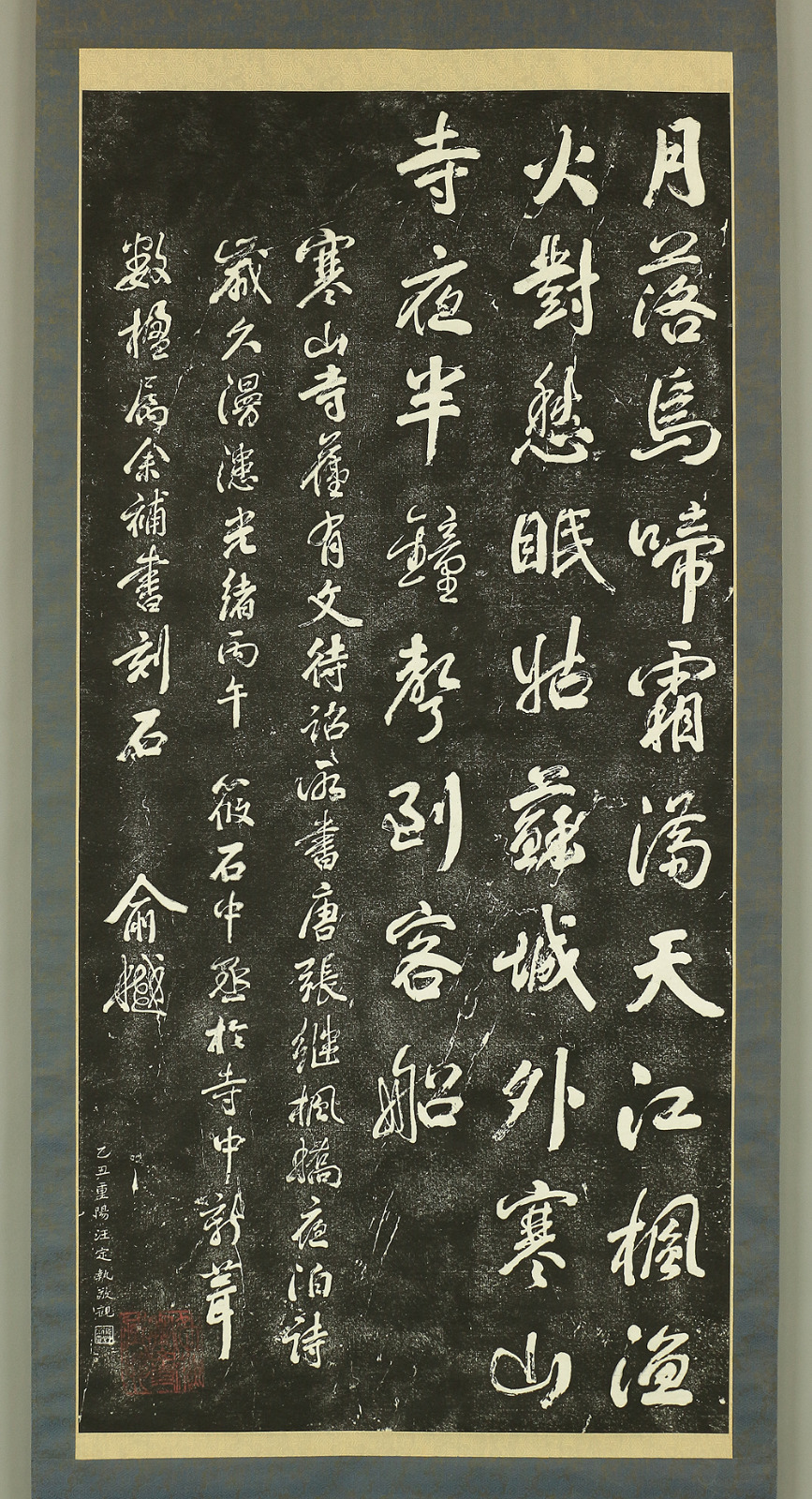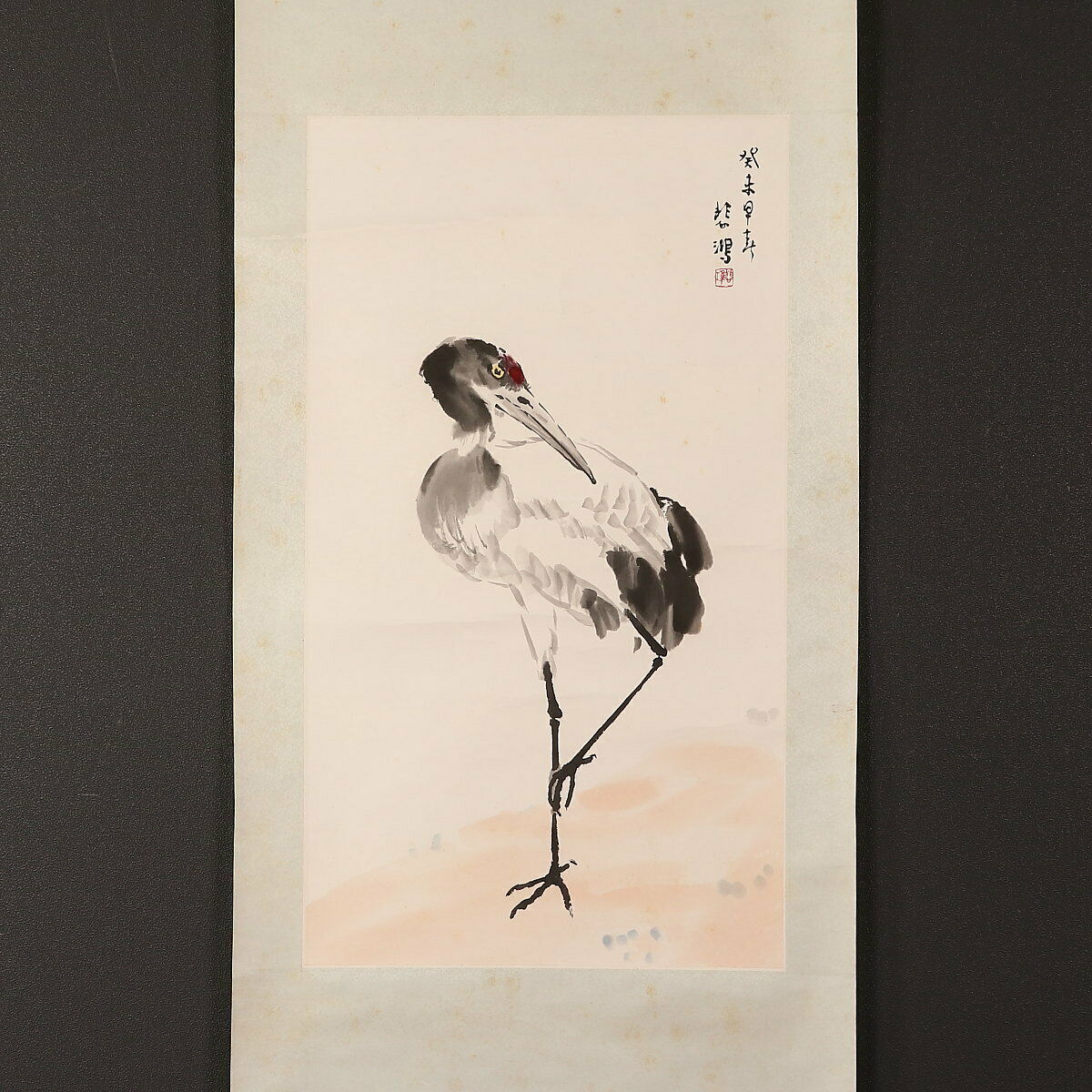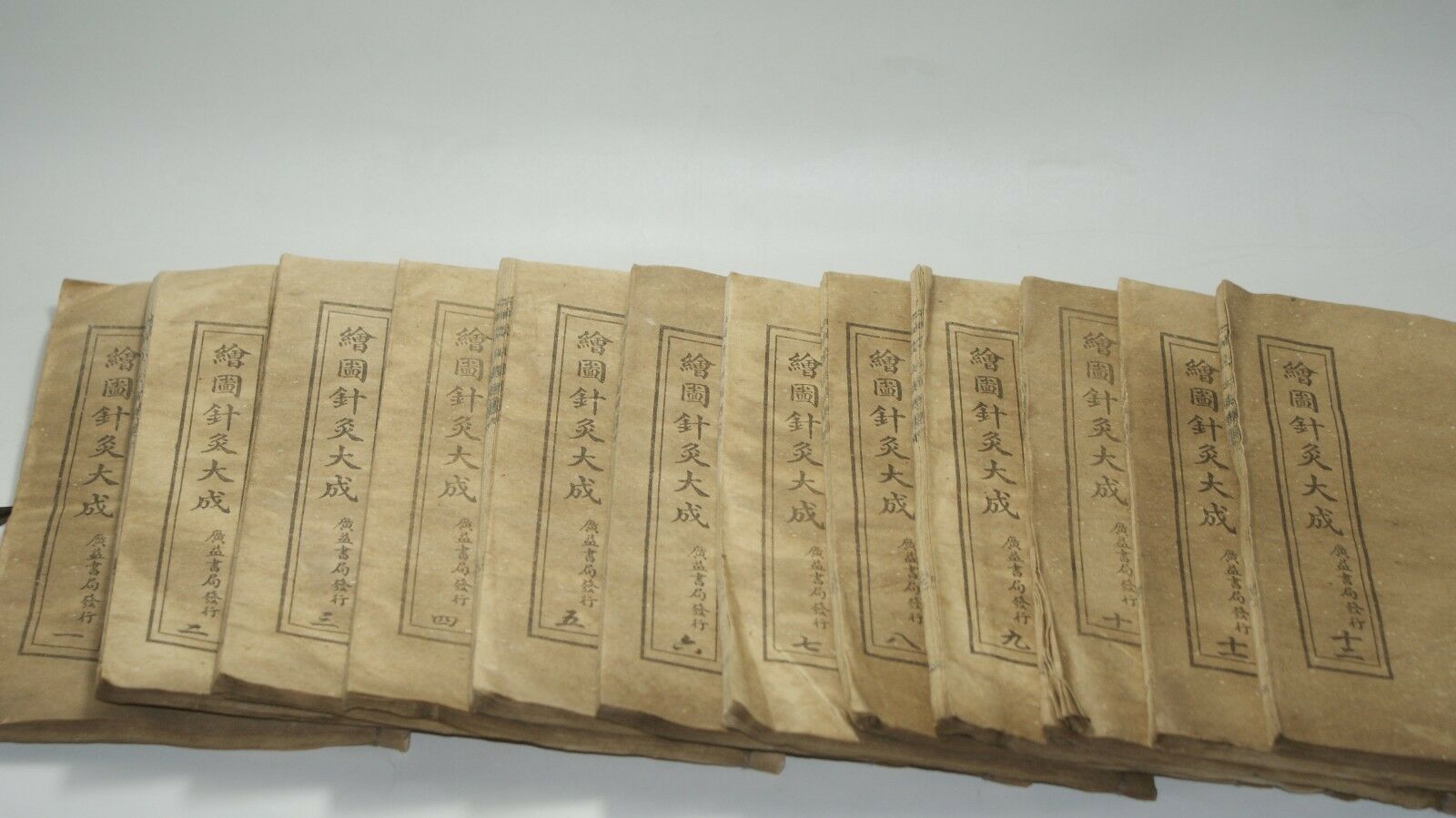-40%
Rare - 1800's WALL SCROLL - Empress Dowager Cixi - CHINA - LARGE 5 foot 8 inches
$ 2244
- Description
- Size Guide
Description
1800's - WALL SCROLL - Painting / PrintEmpress Dowager CIXI - 1850's
Paper and Silk.
Superb Piece
This was part of a collection of mid 1800's items. I am not up to date on wall scroll's of this, or any period. The young age of the Empress appears to date it around the 1850's.
Main part is a a heavy, parchment like paper, trimmed with silk to side - is weighted to bottom by wood covered in silk and similarily at the top.
The scroll is 5 foot 8 inches long and 2 feet wide - (173 x 63 cms).
Empress Dowager Cixi
Empress Dowager Cixi1 (Empress Dowager Tzu-hsi; Chinese:
慈禧太后
; pinyin: Cíxǐ Tàihòu; Wade–Giles: Tz'u2-hsi3 T'ai4-hou4; Mandarin pronunciation: [tsʰ̌̌ɨ̌ɕì tʰâɪ̯ xɤ̂ʊ̯]; Manchu: Tsysi taiheo; 29 November 1835 – 15 November 1908), of the Manchu Yehenara clan, was the empress dowager of China who effectively controlled the Chinese government for 47 years, from 1861 to her death in 1908.
Selected as an imperial concubine of the Xianfeng Emperor in her adolescence, she gave birth to a son in 1856.
With Xianfeng's death in 1861 the young boy became the Tongzhi Emperor, and she became Empress Dowager.
Cixi ousted a group of regents appointed by the late emperor and assumed regency, which she shared with the Empress Dowager Ci'an. Cixi then consolidated control over the dynasty when, at the death of the Tongzhi Emperor, contrary to the dynastic rules of succession, she installed her nephew as the Guangxu Emperor in 1875.
Although she refused to adopt Western models of government, she supported technological and military reforms and the Self-Strengthening Movement. Cixi rejected the Hundred Days' Reforms of 1898 as impractical and detrimental to dynastic power and placed the Guangxu Emperor under house arrest for supporting reformers. After the Boxer Rebellion and the invasion of Allied armies, external and internal pressures led Cixi to effect institutional changes of just the sort she had resisted and to appoint reform-minded officials.
They inaugurated the Republic on 1 January 1912 when the dynasty collapsed in late 1911, three years after her death.
Historians both in China and abroad have portrayed her as a despot responsible for the fall of the dynasty.
Others have suggested that her opponents among the reformers succeeded in making her a scapegoat for problems beyond her control, claiming she stepped in to prevent disorder, that she was no more ruthless than other rulers, and that she was even an effective if reluctant reformer in the last years of her life.
Before ordering, please be aware of ongoing postal delays domestically and internationally.
We contact buyers at least weekly with postal confirmations. If you are in a rush for your item(s) we respectfully request that you refrain from purchasing or bidding to avoid disappointment should you experience a delivery delay.




















